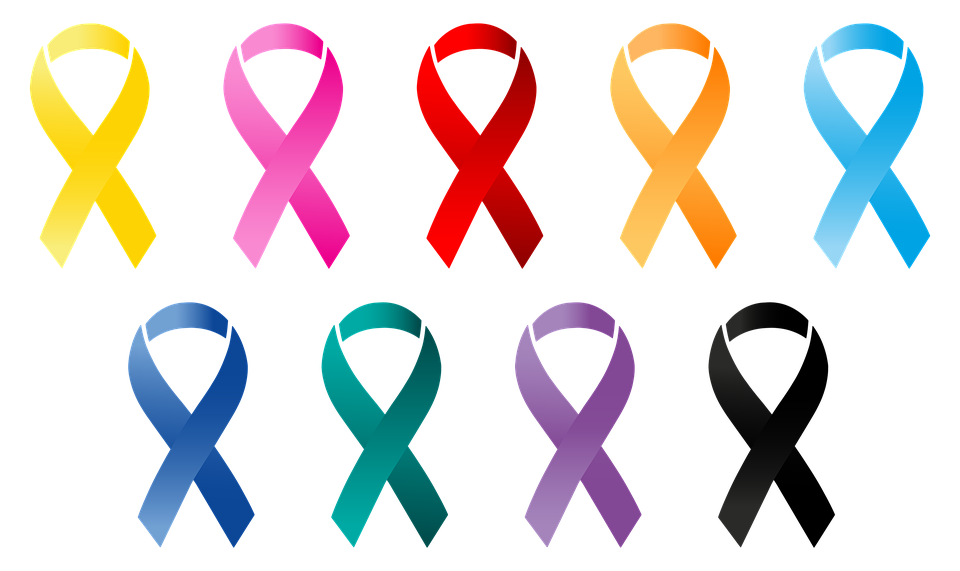The C word is an awful thing to hear. Cancer. With over 1.3 Million Americans diagnosed annually, we receive frequent calls from patients who wonder if earlier diagnosis would have changed their cancer outcome or treatment options.
Allow me to state a different way: Cancer is generally easier to treat, the sooner it is diagnosed. The longer it goes untreated, the worse off the patient will be – and sometimes, even when you are seeking medical care, the doctors still miss it.
In 2019, with state of the art technology available in even the most remote healthcare facilities, how does this happen? Why?
Oman Medical Journal, Dr. Al-Azari,
Cancer is the leading cause of death in developed and developing countries. Cancer mortality is expected to rise to an estimated 13.1 million deaths annually by 2030.1 However, certain types of cancer have a high chance of cure if they are detected at an early stage and adequately treated.2
The delays in cancer diagnosis may occur throughout the diagnostic pathway: patient, primary care, and secondary care.
https://www.ncbi.nlm.nih.gov/pmc/articles/PMC4996960/
Patient Fault
Sometimes, it can be the patient’s fault the cancer diagnosis is delayed. Sometimes patients either don’t know the signs and symptoms, ignore them, or delay treatment for personal or financial reasons.
Medical Provider’s Fault
But what happens when the delay in diagnosis is not related to the patient, but rather a health care provider misses the cancer and it is allowed to grow and spread. Sadly this is not a rare occurrence. We have seen this kind of negligence occur many times, and in the following scenarios:
- Doctor orders tests but doesn’t read or communicate results to patient
- Doctor fails to order tests that would reveal cancer
- Doctor fails to refer patient to a sub-specialist who would normally order follow up tests
- Doctor believes signs and symptoms to be another disease other than cancer
While it is never a good thing to be a plaintiff in a medical malpractice lawsuit (being one means you have permanent injury as a result of a significant medical mistake) in order to be a plaintiff in a failure to diagnose cancer case, the following facts must be supported by experts in the field:
- Doctor should have diagnosed the cancer earlier
- Had the doctor diagnosed cancer earlier, treatment options and outcome would be vastly different
It’s not enough to simply miss the cancer for a few months.
The cancer has to transform, grow and become more invasive during this time to make it matter – legally speaking.
And sometimes, there is a huge miss. Doctor doesn’t read PAP results, or look at CT that says “likely neoplasm”, or follow up when radiologist sees something suspicious. Sometimes mistakes are made, and lives are changed forever.

